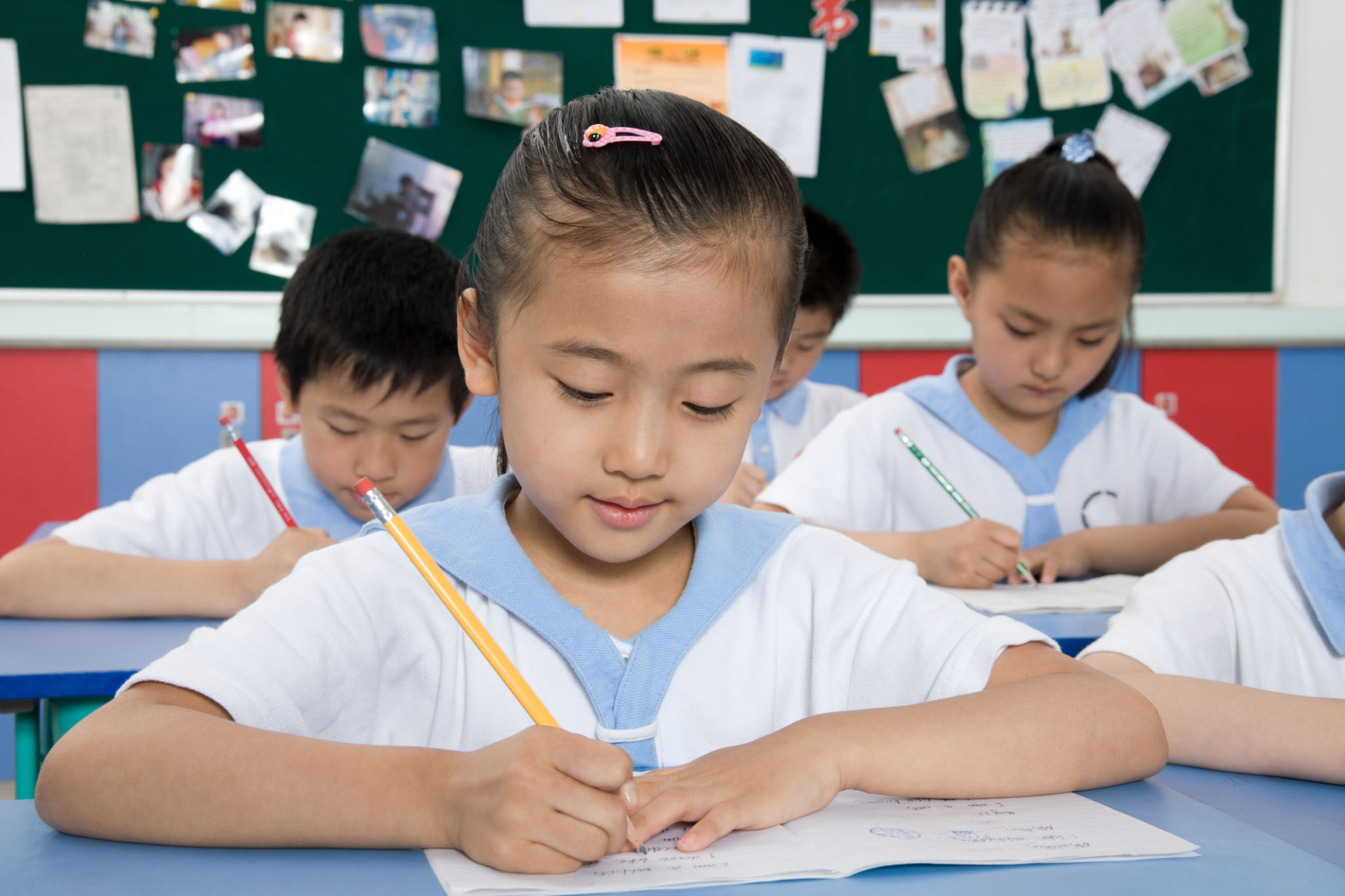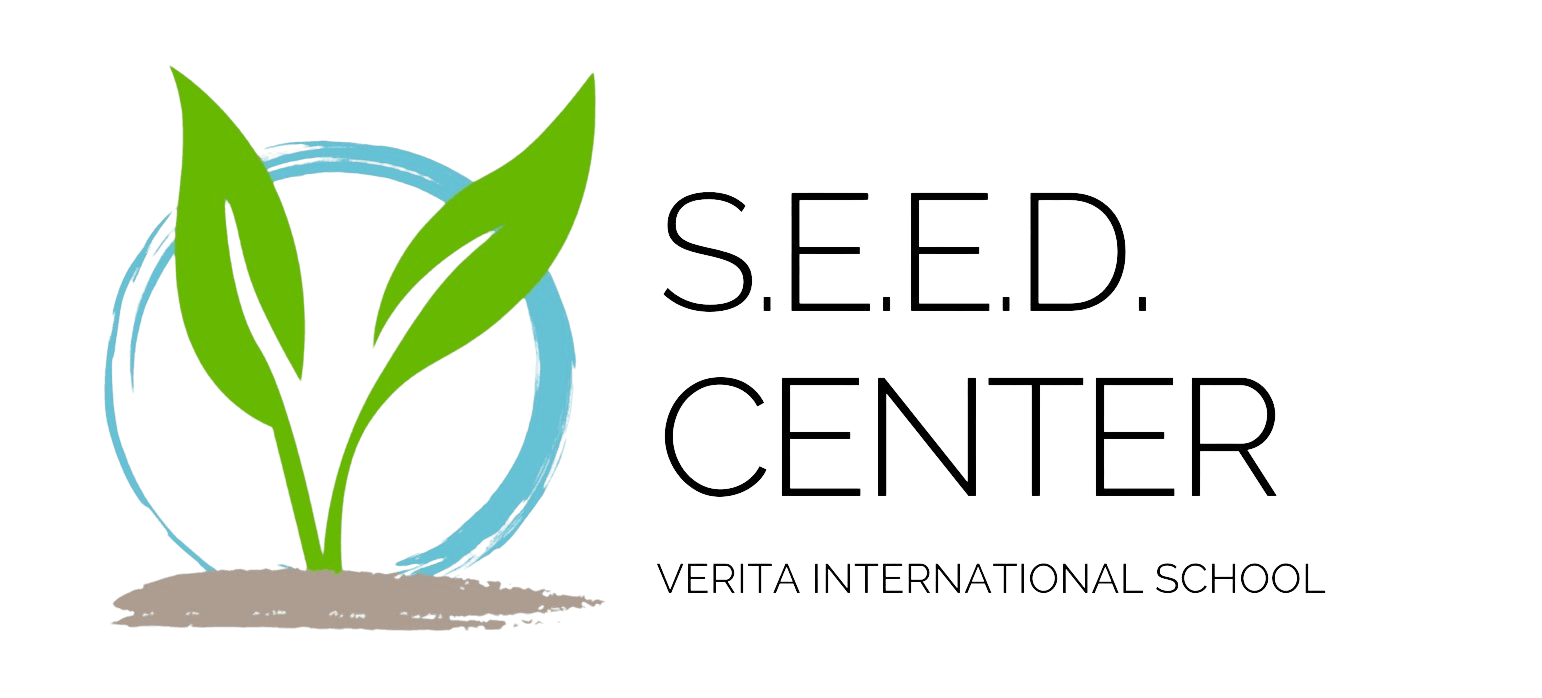Myth-Busting: Common Misconceptions About Modern Education
Introduction
Modern education is evolving rapidly, yet numerous misconceptions persist, clouding public perception. It's crucial to address and dispel these myths to better understand the dynamic landscape of education today. In this blog, we'll tackle some of the most common misconceptions about modern education.

Technology in the Classroom Is Distracting
One widespread belief is that technology in the classroom leads to more distractions for students. While it's true that technology can be a source of distraction, it's important to note that it can also be a powerful tool for engagement and learning. Interactive apps, virtual reality experiences, and online resources can make learning more engaging and accessible.
Teachers are increasingly using technology to customize learning experiences, catering to different learning styles and paces. By integrating technology thoughtfully, educators can enhance the educational experience rather than detract from it.
Balancing Screen Time
Another concern is the amount of screen time students are exposed to. While moderation is key, the reality is that digital literacy is an essential skill in today's society. Educators aim to strike a balance between traditional and digital learning methods, ensuring students develop both critical thinking and technical skills.

Standardized Testing Is the Only Measure of Success
Many believe that standardized testing is the primary measure of a student's success. This misconception overlooks the broader scope of skills and abilities that contribute to a student's overall development. Modern education emphasizes not only academic achievement but also creativity, collaboration, and emotional intelligence.
Alternative assessment methods, such as project-based learning and portfolios, are gaining traction, providing a more comprehensive view of a student's capabilities. These methods encourage critical thinking and problem-solving, which are essential for success in the real world.

The Role of Teachers
The role of teachers in modern education extends beyond delivering content. They are facilitators of learning, guiding students in developing skills necessary for lifelong learning. Teachers are also mentors who foster a positive learning environment and inspire curiosity and innovation among students.
Online Learning Is Inferior to In-Person Education
Another common misconception is that online learning is inherently inferior to traditional in-person education. However, the quality of online education has improved significantly, offering flexibility and accessibility to learners worldwide. Many online programs are developed by reputable institutions and provide rigorous curricula equivalent to their in-person counterparts.
In fact, online learning can be just as effective when designed with interaction and engagement in mind. Students have access to diverse resources and can learn at their own pace, often allowing for a more personalized educational experience.

The Future of Education
The future of education lies in blending traditional methods with modern technology to create a holistic learning environment. By embracing innovations while addressing misconceptions, educators can better prepare students for the challenges and opportunities of the future.
In conclusion, understanding the realities of modern education requires separating fact from fiction. As we continue to adapt and innovate, it's essential to challenge outdated beliefs and recognize the potential of a well-rounded educational approach.
